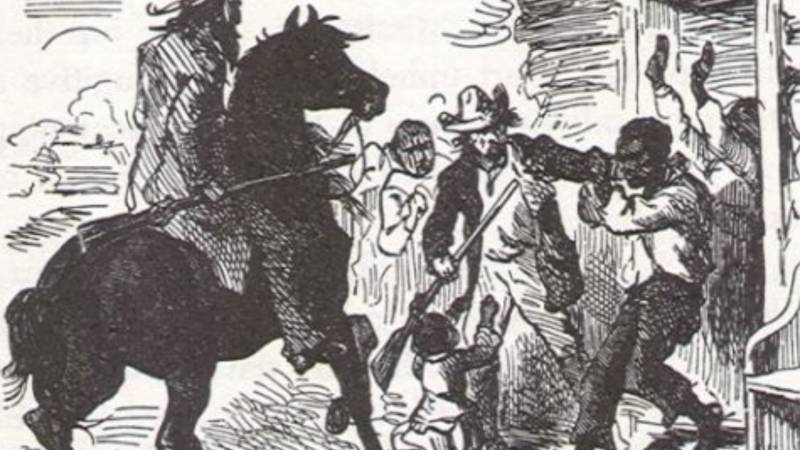During the trial of Derek Chauvin, the former Minneapolis police officer who was convicted of murdering George Floyd, many remember the emotional testimony of Darnella Frazier, the Black teen who filmed the murder. Her testimony and that of other eyewitnesses, many of whom were Black, were a central part of the prosecution’s case. Black people didn’t always have the right to testify in court in the U.S., though – and not just in the Jim Crow South, but in California as well, which had a Black testimony exclusion law on the books from 1850 to 1863. That lesser known law, and the consequences of it, is the subject of a new episode of the podcast “Gold Chains,” produced by the ACLU of Northern California. We talk to the podcast’s creator, Tammerlin Drummond, about this history and why Black testimony mattered then – and still matters today.
Related link(s):
